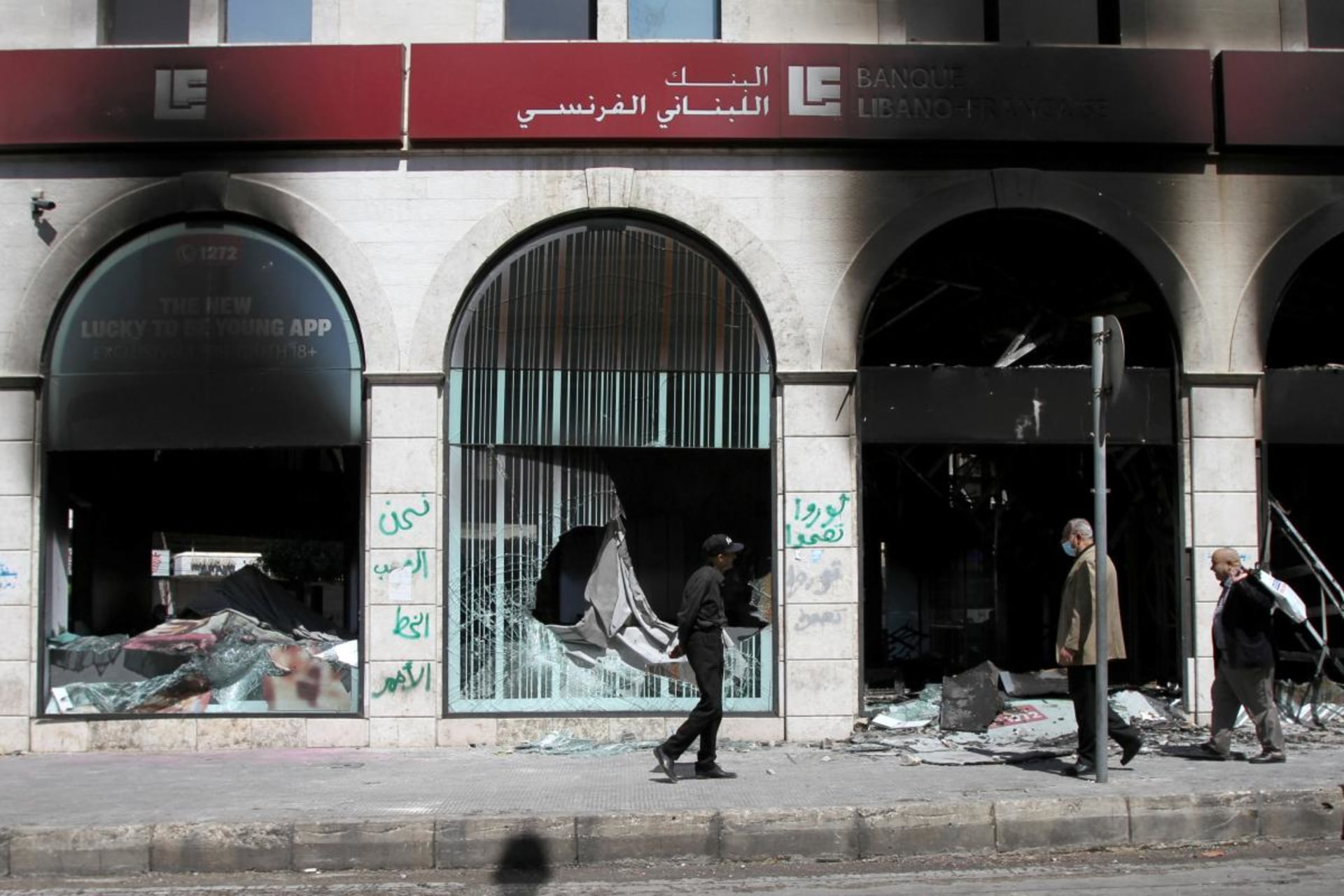The COVID-19 Crisis in Emerging Markets Demands a Once-in-a-Century Response
Originally published at Foreign Affairs

“The novel coronavirus plunged emerging markets into crisis. As investors rushed to safety, major emerging economies lost more than $100 billion in foreign currency reserves in the month of March alone. Trade flows shrank. New capital inflows dried up. In many ways, the pandemic has been harder on emerging economies than the 2008 global financial crisis.
But not all emerging markets have suffered equally or from the same ailments. Some economies are still included in emerging-market indices even though they have mostly emerged: South Korea and Taiwan, for example. These, along with other emerging economies, such as Thailand, that have strong balance sheets, face what might be called “First World problems”: worries over how to maintain employment while managing the public health threat from COVID-19, the disease caused by the novel coronavirus.
Another group of emerging markets is not at immediate risk of default but faces significant financial pressures that will undermine growth and thus the global economy. This group includes countries, such as Brazil and Indonesia, that have seen rapid capital outflows and the withdrawal of foreign financing. It also includes countries that are now experiencing large falls in commodity exports and thus pressure on their current accounts from falling trade. Even if these countries are not in urgent need of standard bailouts from the International Monetary Fund (IMF) to avoid default, the actual and perceived constraints on their ability to borrow may prevent them from spending all that they should to combat the pandemic.
A third category of emerging economies, including Argentina, Lebanon, and in all probability, Turkey, was headed for trouble even before the pandemic and is likely to emerge from it in worse shape still. The IMF has the tools to handle this most troubled category; governments in these countries are likely to be desperate enough to eventually seek traditional IMF programs conditioned on deep structural and fiscal reforms. But the countries that are in a slightly less precarious position—weakened by the coronavirus, but not yet on the verge of economic and financial collapse—face an uncertain future. The IMF doesn’t have effective instruments to help countries that are too strong to accept traditional conditionality but too weak to stand entirely on their own during a pandemic. The novel coronavirus thus poses a stress test for the IMF as well as for emerging economies—and it is one that the IMF may not pass.“
This is an excerpt. The full article is available here.
